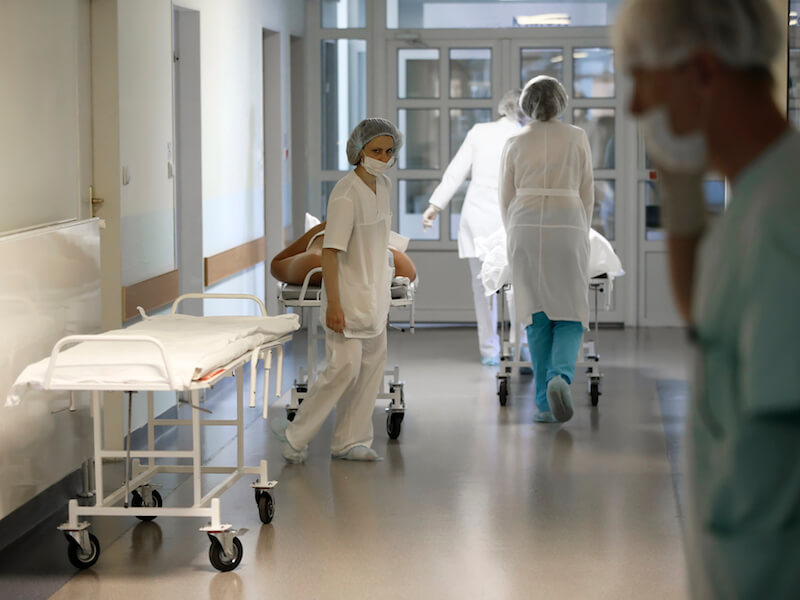
Trips to the ER can cost you time off work, not to mention personal pain. What if you could lessen your chances of falls, accidents, anxiety, depression, and even dementia while also eliminating trips to the ER.
Surfacing studies make the case that, for individuals with serious hearing loss, using their hearing aid could be the difference between staying involved and healthy and ending up spending many nights in the emergency room.
The Study
Participants between the ages of 65 and 85 participated in a University of Michigan study. Serious hearing loss was a widespread condition between them. But out of all of those people who participated, only 45% of them wore their hearing aids regularly.
This is on par with similar studies which have shown that only around 30% of people who have hearing aids actually use them.
12 fewer, of the 585 people who did use their hearing aid, had Er visits or unplanned hospitalizations.
This may seem like a small number. But it’s statistically substantial.
And there’s more. They also found that one day fewer, on average, was spent in the hospital for individuals who wore their hearing aids. Their time at the ER was probably reduced because they were more likely to show up for their regular doctor’s appointments.
How Can ER Visits be Reduced by Using Hearing Aids?
First for the obvious one. You would be less likely to need emergency care if you were keeping up on your health.
Also, people who wear their hearing aids stay more socially engaged. This can lead to both a greater drive to show up for that doctor’s appointment and better access to services and help to get to appointments.
And driving is less dangerous when you can hear, so you will be more confident if you are getting yourself to your appointment.
In addition, a U.S. study revealed that those with hearing loss who don’t use their hearing aid are twice as likely to be depressed. Health problems related to lack of self care is frequently an outcome of depression.
The third thing is, various studies have revealed that wearing your hearing aid can decrease the risk of falling and cognitive decline. As a person begins to lose their hearing, the associated part of the brain begins to decline from disuse. The rest of the brain is eventually affected. As this happens, people frequently experience dementia symptoms as well as the disorientation and lack of balance connected with falls.
Long hospital stays often accompany falls and falling is a major cause of senior death.
These are just a few of the reasons that hearing aids help minimize ER visits.
So Why is Wearing Hearing Aids Something That so Many Individuals Neglect?
It’s difficult to come up with a legitimate excuse.
Some don’t wear them because they think that hearing aids make them appear older than they are. This notion remains despite the fact that about 25% of individuals over 65 have significant hearing loss, and 50% of those 75 and older have it. Hearing loss is not unusual. It happens to many people. Plus, hearing loss is increasing even with 20-year-olds thanks to earbuds and the rise in noise pollution.
It’s ironic that when someone is always asking people what they said it actually makes them appear older.
Some people cite the costs of hearing aids. However, hearing aids have become more affordable in just the past few years, and there are financing options available.
Lastly, some don’t enjoy the hearing experience with their hearing aid. This can often be fixed by simply working with your hearing specialist to find out how to more successfully use your hearing aid in different settings. Hearing aids sometimes need multiple fittings before they are just right.
Schedule an appointment with your hearing specialist so we can help you feel more secure wearing your hearing aids.